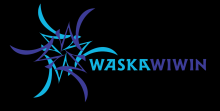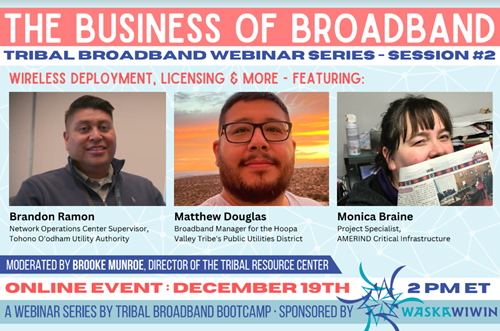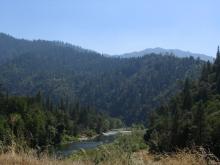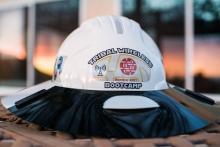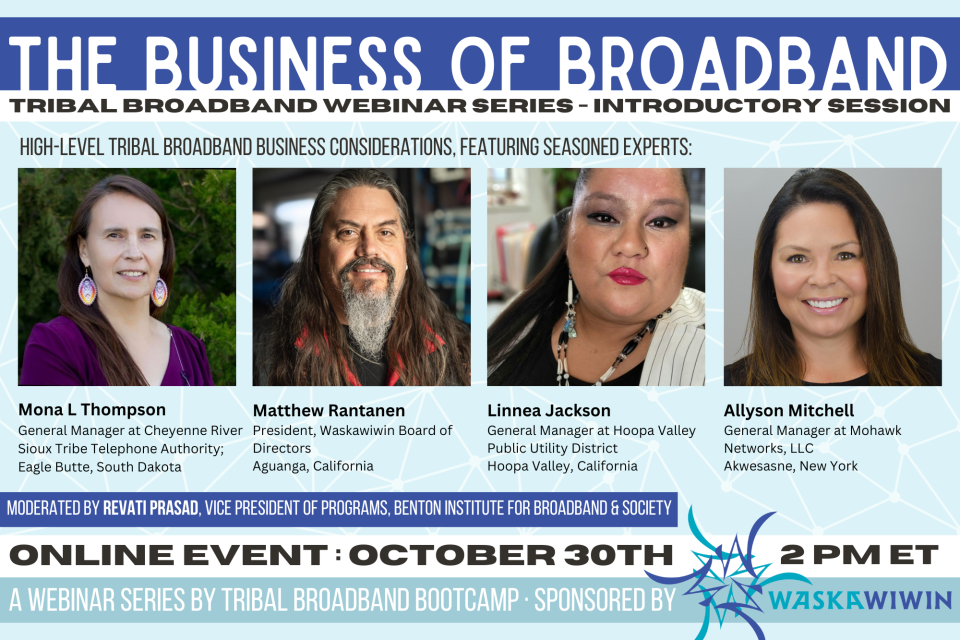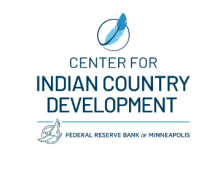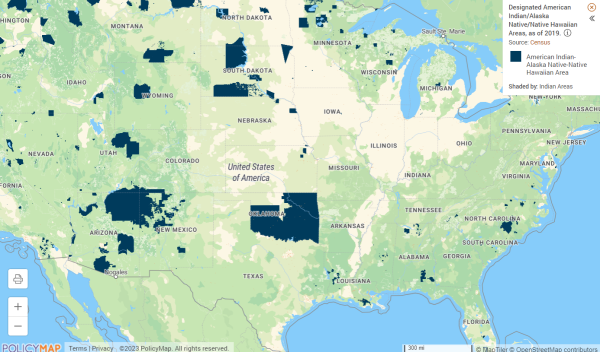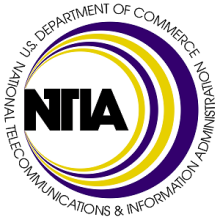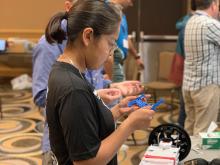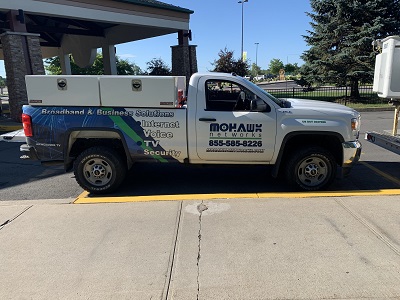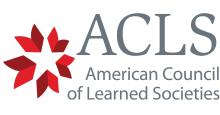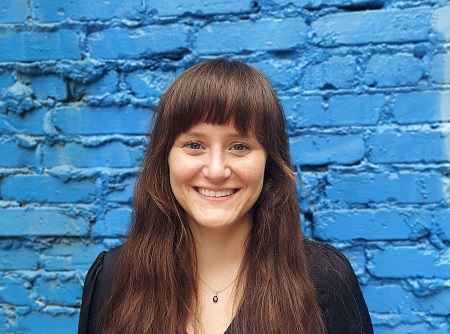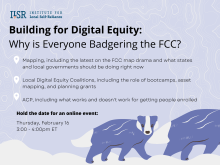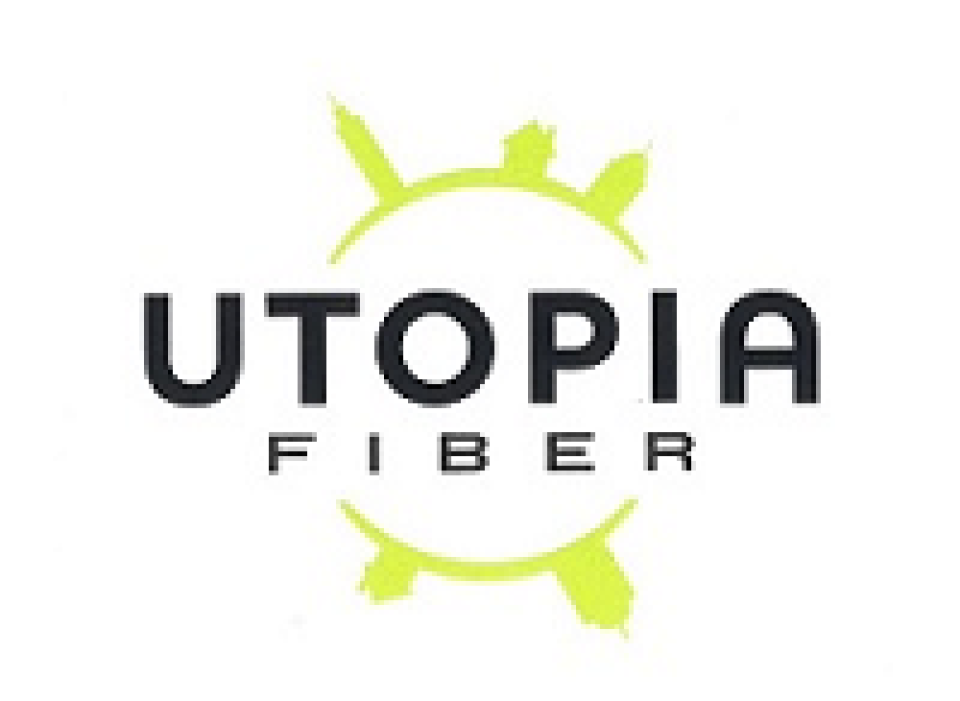New Tribal Broadband Bootcamps Slated for 2024
We are pleased to announce an exciting lineup of Tribal Broadband Bootcamps (TBB) scheduled for 2024.
TBB was started in 2021 as an initiative to connect people interested in building Tribal broadband networks - a space for folks to develop and share best practices that ensure their communities have high-quality, equitable Internet access. More than fifty Tribes or First Nations and over three hundred participants have since attended a bootcamp, increasing their knowledge, sharing their expertise, and contributing to this vibrant community.
Sponsored by Waskawiwin in partnership with ILSR’s Community Broadband Networks Initiative, TBBs are three-day immersive learning and networking events. At TBB, hands-on and interactive activities enhance a curriculum of beginner and advanced material on wireless and fiber optic networks. Technical learning is paired with discussions on important topics like policy, funding, and digital equity.
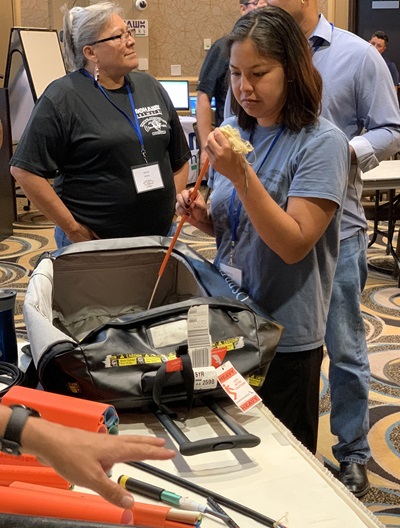
Participants with all levels of experience are encouraged to attend. Bringing together new learners and folks with decades of experience, the bootcamps create a unique opportunity for people across Indian Country to share strategies, challenges, and successes. Tribal Broadband Bootcamps help build community and capacity at the same time.
Whether you’re a technician, customer service specialist, general manager, or Tribal leader - if you’re interested in or focused on broadband in Indian Country, check out our upcoming bootcamps:


